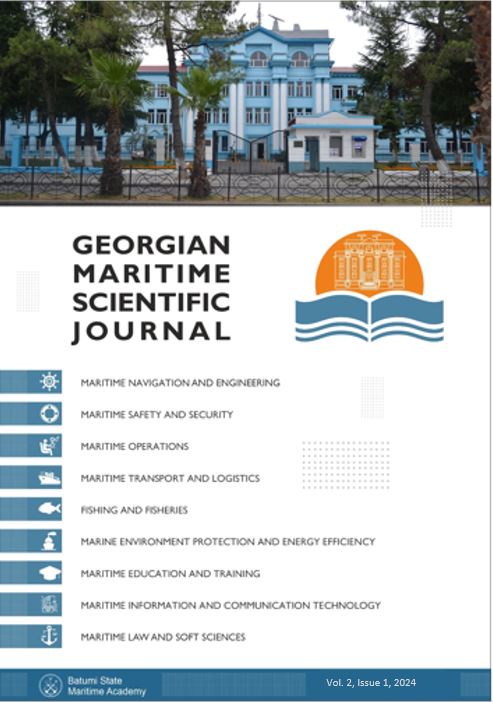Reviewing consequences of emergency transition to distance learning in efl classroom (ase Study of Foreign Languages Department of Batumi State Maritime Academy)
DOI:
https://doi.org/10.70791/gmsj.2.2024.8008Keywords:
EFL, effectiveness, F2F learning, hybrid / blended learning, online learning, e-platformsAbstract
We are all aware that COVID19 has drastically altered our lives and lifestyles, which caused an emergency transition in all the fields including Higher Education worldwide. The learning process has been swiftly shifted into distance learning mode without any prior preparation and expectation of the educational staff (teaching and administrative) of the institutions as well as the students. This unprecedented transition necessitated incorporating soft skills and diverse e-platforms in the learning process, selecting between the most effective form among online (synchronous) and hybrid modes of distance learning in the EFL classroom. Moreover, HEIs were forced to encourage and mobilize educational staff without direct practical experience in order to ensure on-click transition to ‘New Normal’, prioritizing students’ safety, resilience and mental health.
Therefore, the presented paper aims at highlighting the outcomes of emergency transition to remote learning in EFL Classroom on the basis of a case study conducted by Foreign Languages Department of BSMA. With this purpose a quantitative survey was carried out through questioning the opinions of EFL students (both Bachelor and Master level) from the faculties of Navigation, Engineering and Business and Management of BSMA. The results of the case study were analyzed, processed and summarized in the form of generalized conclusion, on the basis of which practical recommendations were drawn for more effective planning and implementation of the EFL learning process during and after the Covid-19 pandemic.





